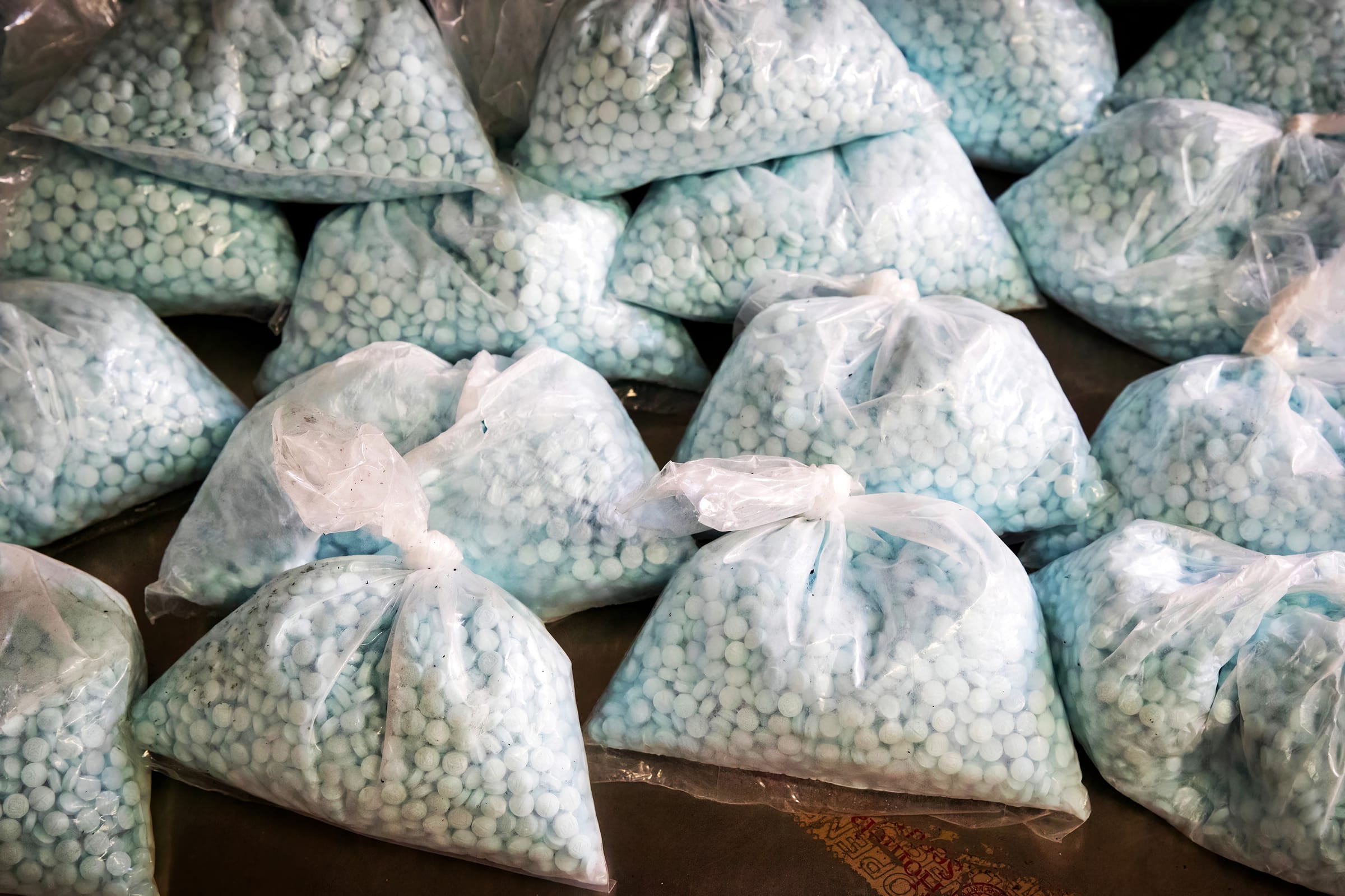While we're talking about drug trafficking in Singapore I thought it was important to address one other demand peddled by the activist do-gooders - that drug traffickers/mules are just small cogs in the machine and that it is more important to target and jail the bosses of organized criminal syndicates that produce drugs.
On the surface it seems to make sense and feels good. If you jail mobsters pulling all of the strings then the whole enterprise should collapse and there would be no production and trafficking! Win-win!Unfortunately, the reality is the exact opposite as basic history of the trade will reveal.First of all, for the idea to work you would have to jail all leaders, of all gangs at the same time. This is impossible. Law enforcement can only selectively pick off some of them. But, just like with a hydra, when you cut one head off, new ones keep growing back.No criminal organization is short of lieutenants willing to replace their fallen boss, while other gangs typically want to take advantage of their jailing too. In fact, the reality is that success in arresting gang leaders typically leads to more not less violence, as it provokes turf wars over territory and supply routes.
As long as the product is in demand and the business highly profitable, there will always be another mobster willing to take the risk.To succeed in war against drugs you have to target the areas you can control and where you cannot expect a violent pushback - demand and distribution, not supply.Supply typically originates abroad - in case of Singapore quite far from its borders - where local law enforcement is weak and corruption rife.But if drug lords have problems shipping the product to customers or are seeing fewer of them, their entire business model is going to fracture.And while they can put up a fight against police trying to jail them, they can't really do much about border controls and falling demand, other than trying to dodge them somehow.
Fortunately, these are also two areas that local enforcement has the most control over.On the demand side, education and control can discourage use and reduce propensity (particularly among the youth) to seek out drugs in the first place. If people are not willing to buy why would anybody go through the hassle of trying to sell it?And even if there remains some lingering demand, the drug still has to make it to the buyer. Which is why eliminating cross-border traffickers and local dealers is so important - because they are the essential link between supply and demand.The reward for running an international drug syndicate is enormous - millions if not billions of dollars. There's no penalty that could deter it as risk of dying is part and parcel of the enterprise. And every killed or jailed mob boss is soon going to find a replacementBut for traffickers the risk exponentially higher if capital punishment is involved. They can lose their lives for a few thousand bucks.Now, this doesn't mean there won't be any who are going to try. They still do, as we know. But their pool is much smaller as a result, particularly compared to places with lenient laws like the US, where many cities and states practically decriminalized low level dealership (often in the open).
Traffickers and dealers are the weakest link in the chain. Buyers suffer few repercussions, drug lords are motivated by mountains of riches. But the men in the middle are the most exposed and stand to lose the most if the penalties as as high as the gallows.Capital punishment not only serves as a deterrent but also effectively eliminates the traffickers from operation, while the media coverage of their demise helps to make the point to every other wannabe.





